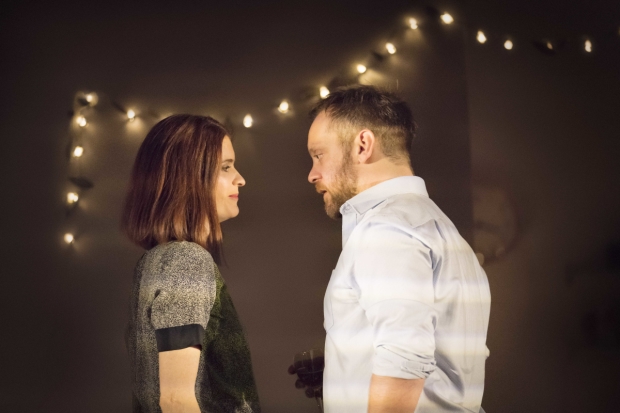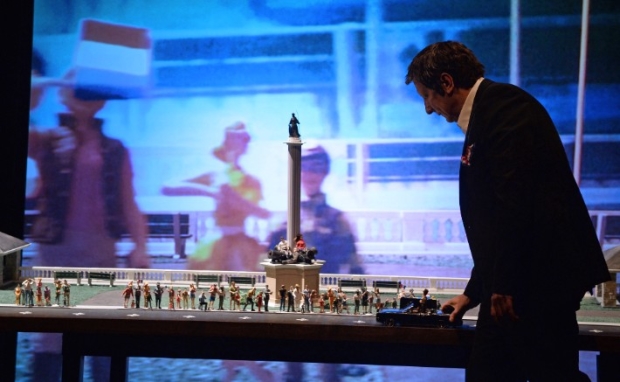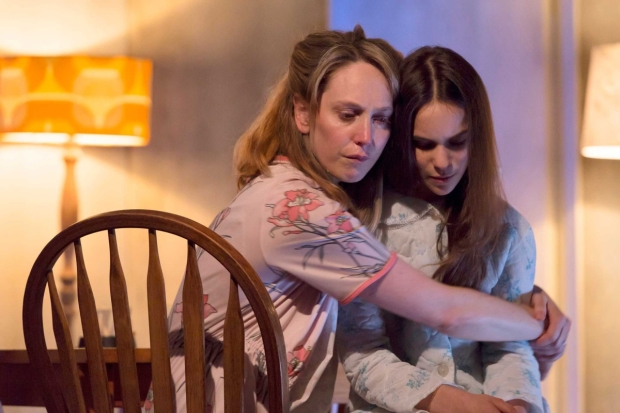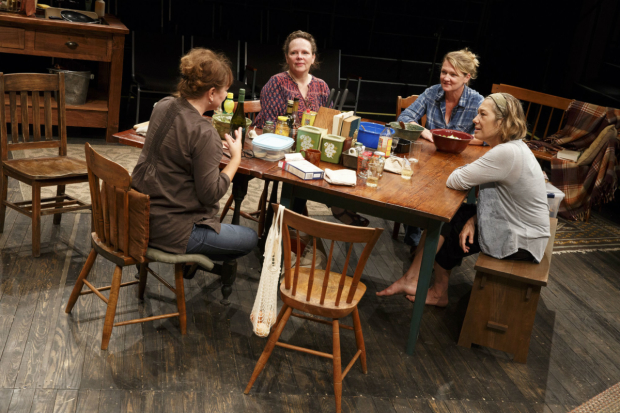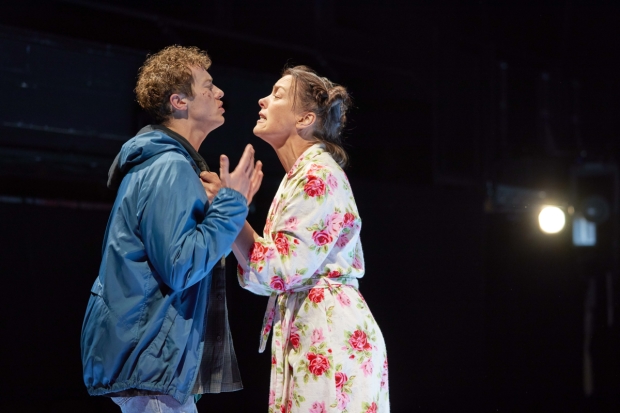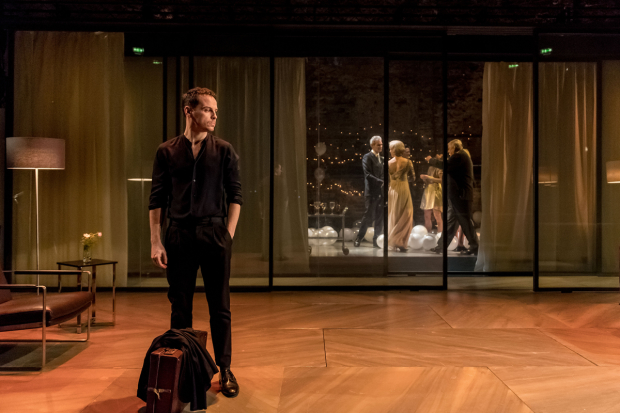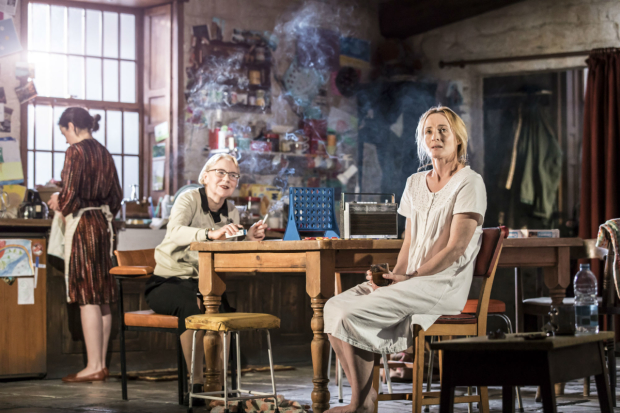Sarah Crompton's top ten shows of 2017
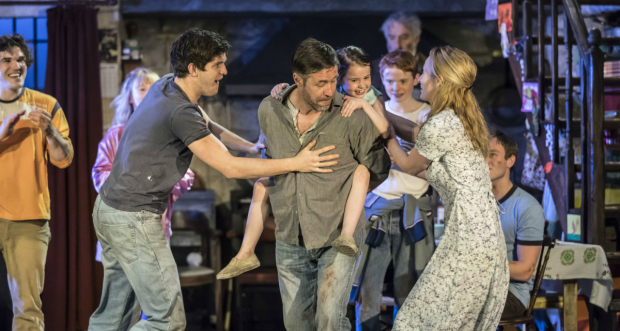
© Johan Persson
10. The Ferryman, Royal Court
Jez Butterworth‘s boisterous, bustling epic set in a farmhouse in County Armagh in 1981 brought the consequences of the Troubles and the emptiness they created in people’s lives to blistering, passionate life. It was huge in every way, with its teeming cast of children and animals, its rich ambition, its dark themes. I have some reservations about its final act, but they were over-ridden by the magical sense of sitting in a theatre and being told the most enthralling, engrossing story of love and loss. The show is still running in the West End, so there's time to catch it too.
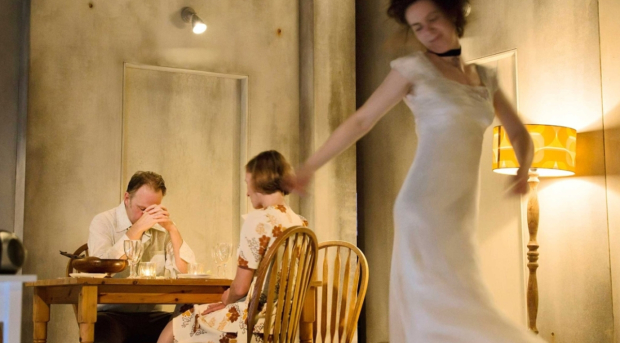
© Stephen Cummiskey
9. Anatomy of a Suicide, Royal Court
Fiercely experimental in structure, beautifully directed by Katie Mitchell, and superbly acted by Hattie Morahan, Kate O’Flynn and Adelle Leonce, Alice Birch’s haunting study of whether madness can pass through generations from mother to daughter, remains in the mind like a poem. The action seemed to seep across the stage, as time passed and grief and anxiety were precisely evoked. Melancholic but riveting.
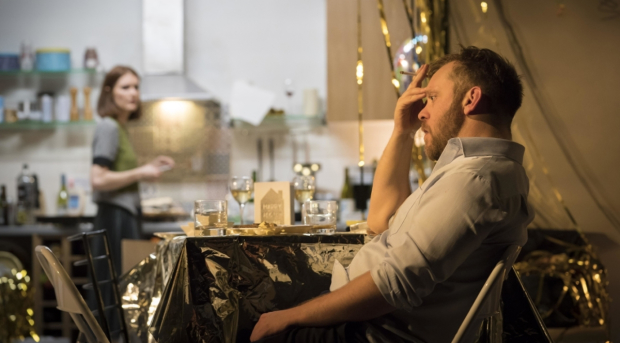
© Johan Persson
8. Beginning, National Theatre
Like the Royal Court and the Almeida, the Dorfman is a theatre that has had a brilliant year and I nearly gave Consent, Nina Raine’s powerful study of differing narratives my number eight slot. In the end, I chose David Eldridge’s Beginning because it was more of a surprise. I didn’t have high hopes for a two-hander about the start of a relationship between hapless 30-somethings but found it made me smile, squirm and cry in almost equal measure. Sam Troughton gave one of the year’s most endearing performances.
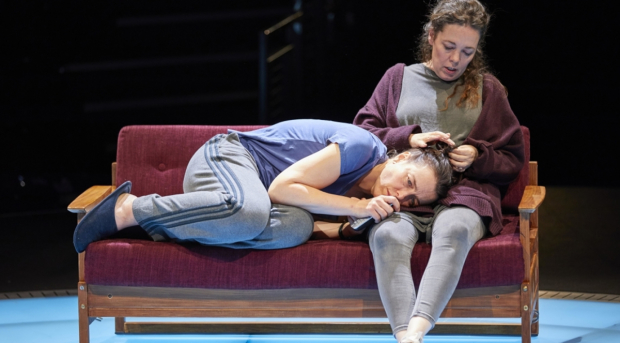
© Brinkhoff / Moegenburg
7 Mosquitoes, National Theatre
It has been such a strong year for new writing that I felt this wonderful play by Lucy Kirkwood has been under-valued. Where Mike Bartlett’s Albion (which I also admired) was praised in all quarters for its blending of family crisis and state of the nation musing, Kirkwood was criticised by some for doing a similar thing. Yet for me, Mosquitoes, which set family dynamics and particle physics on a fascinating collision course, was acutely observed and strongly felt. Her central point – that the conception of a child in a family changes the universe – resonated strongly and the performances by Olivias Colman and Williams were outstanding. "Everyone thinks love is the greatest force in the cosmos and it isn't … It's just something we invented to help us survive chaos" is one of my lines of the year.
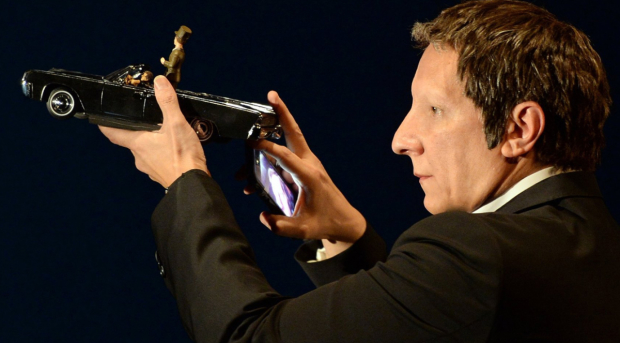
© Eric Labbé
6. Robert LePage's 887, The Barbican
The combination of the great French- Canadian theatre-maker and a giant doll’s house that replicated his childhood home made for an almost perfect evening in the theatre for me. Its technical audacity – the way the set kept opening out into different scenes, the use of lights and sound to conjure the entire life of an apartment block – was matched by a complex meditation on memory and on time and the way time plays tricks with memory and what you feel is not necessarily what you recall. It had an emotional and intellectual complexity that marks the very best of LePage’s work.
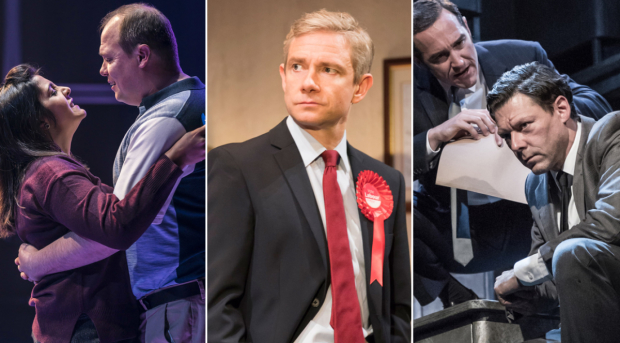
© Johan Persson, Marc Brenner
5 Ink/Quiz/Labour of Love, Almeida/Chichester/Noël Coward Theatre
Well, step forward James Graham and take a bow. It has undoubtedly been your year. And you possibly need a lie down now it is over. In quick succession the prolific 35 year-old produced three hit plays, all of which displayed his gift for presenting stories from recent history in ways that speak loudly to the present, and for combining broad comedy with humane understanding. Of the three, Ink, a story of The Sun‘s evolution from respectful broadsheet to loud-mouthed tabloid under the aegis of Rupert Murdoch was probably the most fully realised, thanks in no small part to a spellbinding performance by Bertie Carvel. Quiz, which uses a cheating scandal on Who Wants to be a Millionaire? to examine the nature of truth itself, is energetic and surprisingly affecting. And I have a soft spot for Labour of Love, in which the romance between Martin Freeman’s Blairite MP and Tamsin Greig’s left-wing agent played out against Labour’s troubled history.
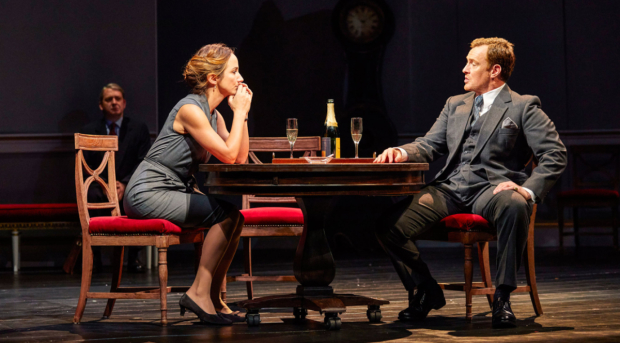
© Brinkhoff-Moegenburg
4. Oslo, National Theatre and Harold Pinter Theatre
It was long after its opening at the National Theatre that I finally made my way to JT Rogers’s multi prize winning play, which had by that time transferred to the West End. On the night I went, a three hour play about the forging of the Oslo peace accord between Israel and the Palestine Liberation Organisation was about the last thing I wanted to see. But I was totally engrossed by the way that Rogers managed to make a process that all his audience knew something about seem suspenseful and by the balance of hope and despair that he managed to convey. In Barlett Sher‘s fast-moving production, Toby Stephens has never been better cast than as the charismatic Norwegian diplomat who was the prime mover of the process and Lydia Leonard was compelling as his wife and lodestone. It was thrilling as well as clever, which is a rare combination especially for a drama based on real events.
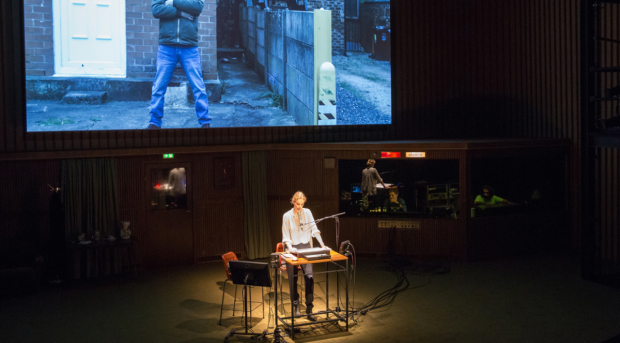
© Jonathan Keenan
3. Returning to Reims, Manchester International Festival
Acutely topical, and intellectually commanding, this unique adaptation of a memoir by French sociologist Didier Eribon by Thomas Ostermeier and the Berlin Schaubūhne took place in a pretend recording studio where the astonishing actress Nina Hoss read aloud, as images unfolded over her head. For long periods, that was all that happened, and it was enough: Eribon’s analysis of how the working class moved from the left to the far right is gripping. But it was the tangents – discussions about adapting a memoir for film, about the causes of the failure of the left, and crucially about Hoss’s own father and his move from communism to environmentalism – that made this one of the most absorbing and important pieces of theatre this year. Its analysis of the separation of the working class from culture was bleakly and depressingly persuasive.
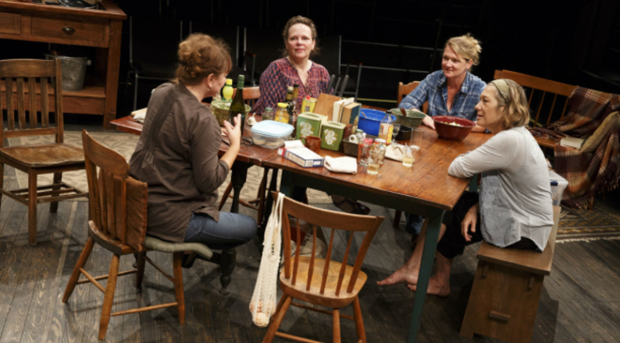
Joint 1. The Gabriels: Election Year in the Life of One Family, Brighton Festival
If I had to describe one of the happiest days of my year, it would be sitting in the Attenborough Centre with my brother and watching this unforgettable trilogy of plays by Richard Nelson unfold in front of us. So quiet, you have to lean in to hear them, and so naturalistic that it was like being in the kitchen with the family, it felt – as I said at the time – like a miracle. Utterly truthful in form, performance and content, it simultaneously provided the best gloss imaginable on the state of American politics and a deep insight into grief, love and the ties that bind a family together. I loved it so much I didn’t want it to end but I can’t separate it from….
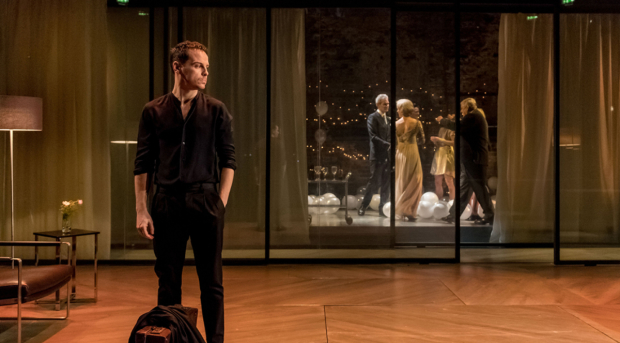
© Manuel Harlan
Joint 1. Hamlet, Almeida Theatre
I saw Hamlet three days after a major operation, when I should have been lying down not sitting for more than three and half hours in the Almeida, watching Shakespeare. The fact that it moved and excited me then, and again when it transferred to the Harold Pinter and now when I come to think about it, speaks volumes about Robert Icke‘s sensitive and intelligent production and Andrew Scott‘s mesmerically intimate, conversational performance as Hamlet. For me, the care and thought that had clearly gone into every aspect of the production, solved many of the problems that have always bothered me about this, my favourite Shakespeare tragedy. And the ending, full of grace and feeling, was quite simply wonderful.



